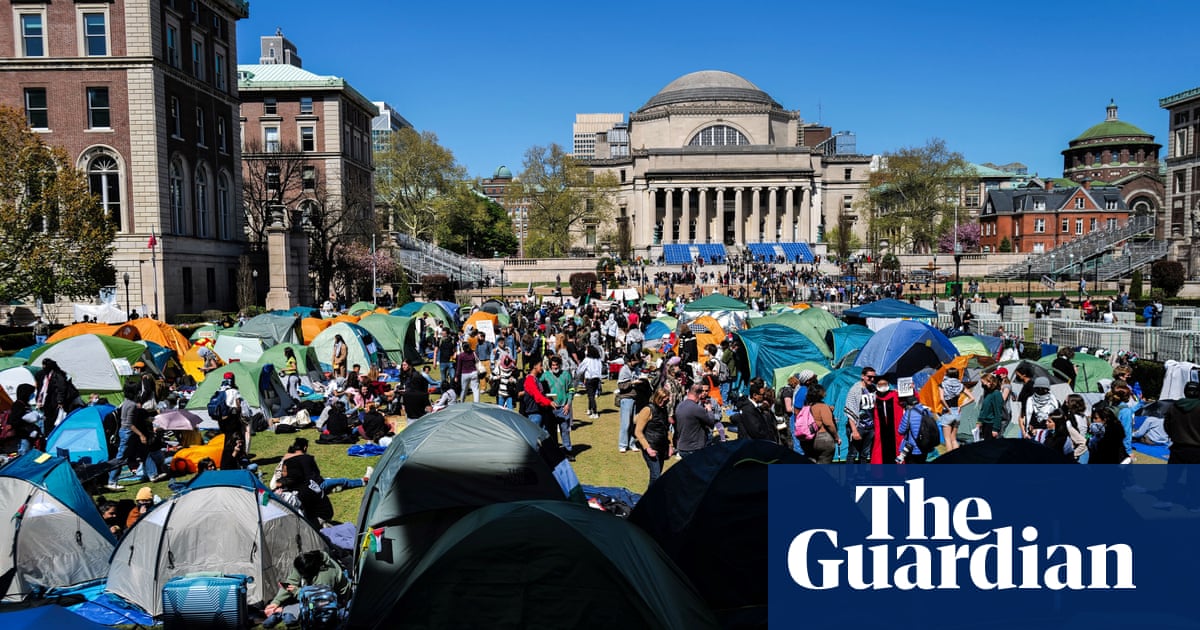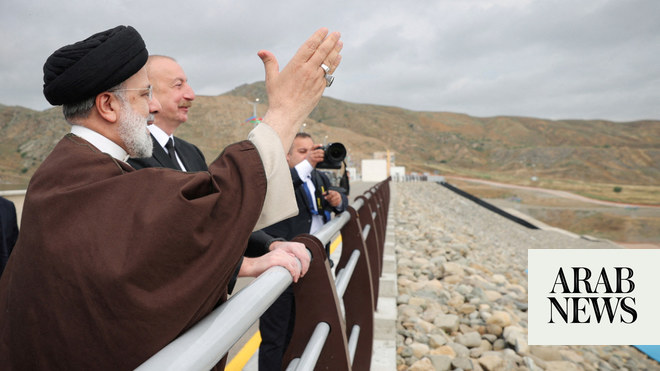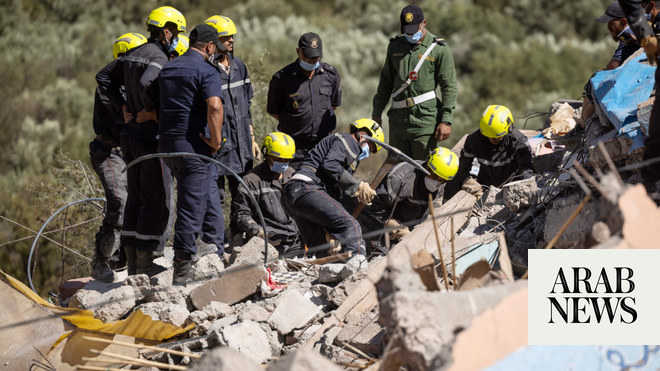
Over 100 students at Columbia were arrested last week after refusing to leave a pro-Palestine protest encampment set up on the university’s main campus. The arrests have since set off a chain of events, including the re-establishing of the encampment and solidarity protests on other US college campuses.
On Monday, Columbia announced it will hold classes virtually to try to “reset” the situation on campus. Here’s what we know so far about what’s happening at Columbia.
An encampment for divestment
Students started setting up a protest encampment in the center of Columbia’s campus at about 4am on Wednesday last week, building tents on the campus lawn in upper Manhattan. The student protesters said they would occupy the lawn until the university divests from companies with ties to Israel.
The encampment was timed with the upcoming congressional testimony of Columbia president Minouche Shafik that was taking place that day on the university’s response to antisemitism.
On Wednesday night, the university began warning protesters that those still occupying the lawn would be subject to arrest. In the early afternoon on Thursday, the NYPD arrested 108 students who were in the encampments.
Many of the students who were arrested have been temporarily suspended by the university, including Isra Hirsi, a student at Barnard, which is affiliated with Columbia. Hirsi is the daughter of the US congresswoman Ilhan Omar.
During a news conference later that day, NYPD commissioner Edward Caban said: “The students that were arrested were peaceful, offered no resistance whatsoever, and were saying what they wanted to say.”
In a campus-wide email, Shafik said she requested NYPD clear the encampment as it “severely disrupts campus life, and creates a harassing and intimidating environment for many of our students”.
The crackdown was condemned by a group of professors who said they were “shocked at [Shafik’s] failure to mount any defense of the free inquiry central to the educational mission of a university in a democratic society and at her willingness to appease legislators seeking to interfere with university affairs”.
Columbia president’s congressional hearing
The day before the arrests, Shafik testified in front of the House on Columbia’s response to antisemitism on Wednesday, a highly charged hearing that was fraught with clashes among Democrats and Republicans in Congress.
Rightwing lawmakers and activists have long painted college campuses, especially at elite universities, as hotbeds for troublesome liberal activists. Though the hearings are purportedly centered around antisemitism, much of the scrutiny from Republicans have been focused on the colleges’ reaction to pro-Palestinian student protesters. The former presidents of Harvard and the University of Pennsylvania ultimately resigned after they participated in similar hearings on antisemitism last fall.
During her hearing, Shafik said that Columbia has been under “an extreme pressure test” over the last six months.
“Our systems clearly have not been equipped to manage the unfolding situation,” she said. Shafik said the university, at that point, had suspended 15 students associated with protests and had asked the NYPD, for the first time in 50 years, to assist.
Solidarity protests begin, while White House rebukes antisemitism
Though police had cleared out the protest encampment after the students were arrested, a new encampment on a different lawn iwas constructed. The encampment remained active through the weekend and on Monday, though the university closed the campus’s gates to the public.
Starting on Friday, students at campuses across the country held walkouts in solidarity with the Columbia students who were arrested. Students at Brown, Princeton and Northwestern held protests on Friday and over the weekend. Meanwhile, students at Yale and the University of North Carolina Chapel Hill started their own encampments.
Meanwhile, protests outside Columbia’s campus began over the weekend, which included clashes among pro-Israel and pro-Palestinian activists. By this point, the university had closed its campus gates to the public, making it unclear whether the protesters were affiliated with the university.
At one point, reports of people shouting antisemitic statements like “go back to Poland” were posted on social media. Columbia Chabad, a chapter of the international Orthodox Jewish movement, wrote a statement saying that Jewish students were shouted at on their way to the dorms.
“We are horrified and worried about physical safety,” the group wrote.
In a statement on social media, Columbia’s Apartheid Divest, one of the group’s coordinating the encampment, said that the incidents were not associated with the student protests and that their “priority is the safety of all”, including “not antagonizing counter-protesters or escalating situations unnecessarily”.
In a statement celebrating Passover, Joe Biden released a White House statement addressing the reports, though he did not name Columbia specifically.
“Even in recent days, we’ve seen harassment and calls for violence against Jews. This blatant antisemitism is reprehensible and dangerous – and it has absolutely no place on college campuses, or anywhere in our country,” the statement read.
Columbia holds classes virtually on Monday, while Yale protesters are arrested
On Monday, as the encampment still continued and the university’s gates remained closed to the public, Shafik announced the university will be holding classes virtually on Monday.
“The decibel of our disagreements has only increased in recent days. Those tensions have been exploited and amplified by individuals who are not affiliated with Columbia who have come to campus to pursue their own agendas,” Shafik said. “We need a reset.”
In New Haven, Connecticut, at least 47 people were arrested at Yale on Monday morning after setting up an encampment on campus Friday night.
“The university made the decision to arrest those individuals who would not leave the plaza with the safety and security of the entire Yale community in mind and to allow access to university facilities by all members of our community,” said a statement from the university.
A sensitive time on college campuses
The protests at Columbia and other colleges take place at a sensitive time on campuses, which have seen widespread protests, largely calling for ceasefire and divestment, over the last few months.
Recently, university leaders have used harsher measures to clamp down on student protests. In December, Brown arrested 41 students who held a sit-in in a school building. The students were ultimately charged with trespassing.
Earlier this month, Vanderbilt expelled three students out of a group of 27, all who were suspended, who participated in a sit-in protest on campus. A group of 20 students at Pomona College in California were suspended after staging a protest at the office of the university president.
Last week, the University of Southern California faced intense backlash after it canceled the valedictorian speech of a Muslim student because of the “alarming tenor” of reactions to her speech and the “substantial risks relating to security”.












